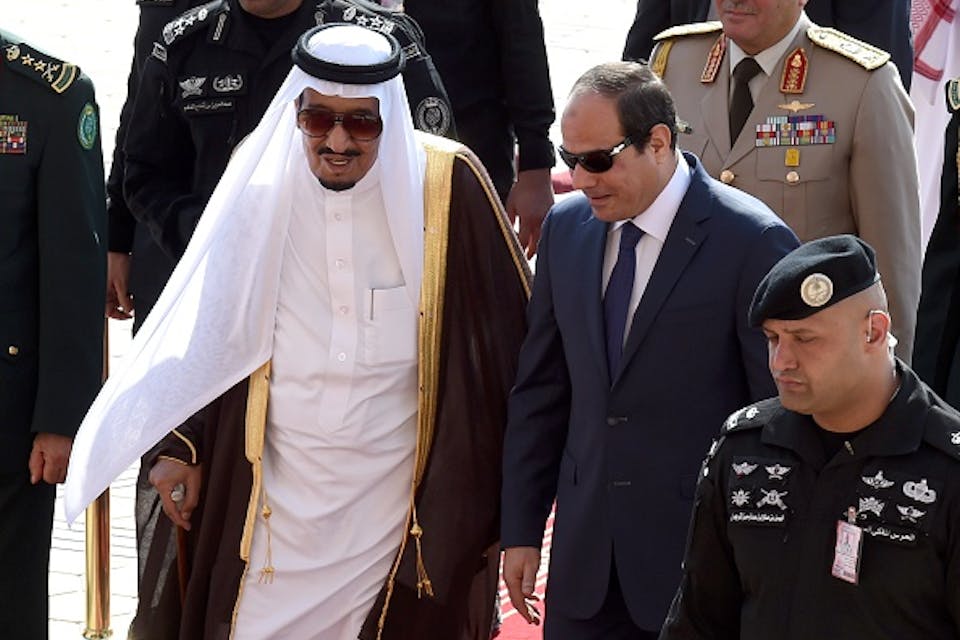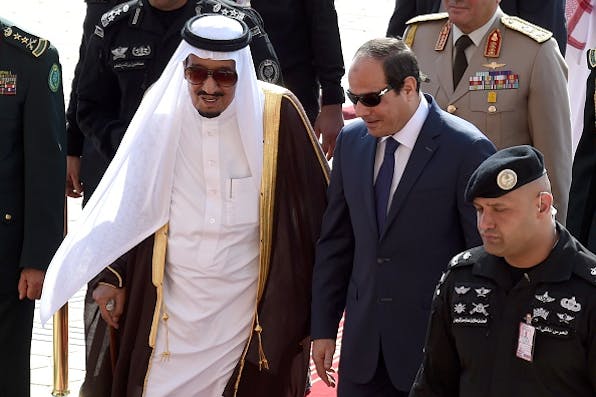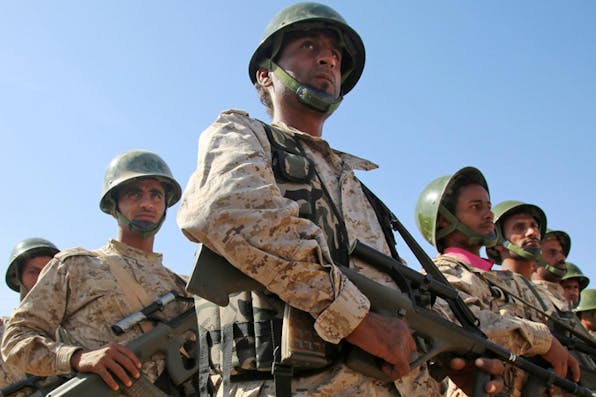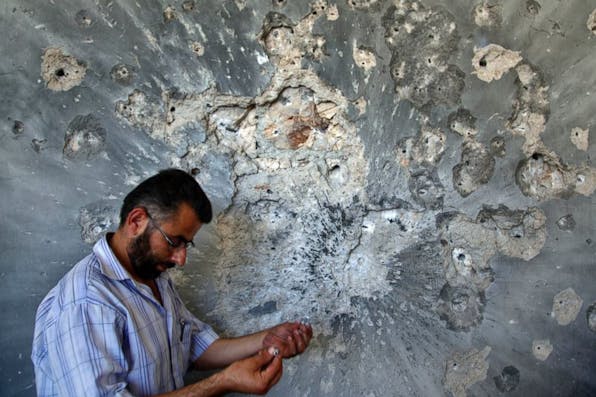
July 11, 2016
Is a Century of Sunni Arab Dominance Truly Finished?
Terms like “implosion” and “collapse” might yet come to seem premature.
Ofir Haivry, in “The Great Arab Implosion and Its Consequences,” puts forward a big generalization about what’s going on in the Arab world. In his perception, circumstances have brought about a complete reversal of the relationship between Sunnis and Shiites, respectively the majority and the minority branches of Islam in proportions of about nine or ten to one.
True, the accidents of history and the distribution of populations have given Arab Shiites a majority here or there—for instance, in Lebanon, Iraq, and Bahrain—but for centuries, as he writes, they have been underdogs ruled by Sunnis. Drawing up the frontiers of the post-1918 Arab order, the imperial British and French authorities, in their brief heyday, followed the old Ottoman custom and handed rule over to chosen Sunnis. This empowerment was supposed to lead to the formation of nations pretty much on Western lines. But nothing of the kind occurred. Arab nationalism proved in practice more or less indistinguishable from Sunni triumphalism.
Today, the absence of anything to be triumphant about is the main cause of what Haivry calls the great Sunni Arab “implosion” or “collapse.” It is also the cause, as he notes, of the anxiety evinced by King Abdullah of Jordan in his 2004 warning of an emergent and encircling “Shiite Crescent” in the Arab Middle East.



